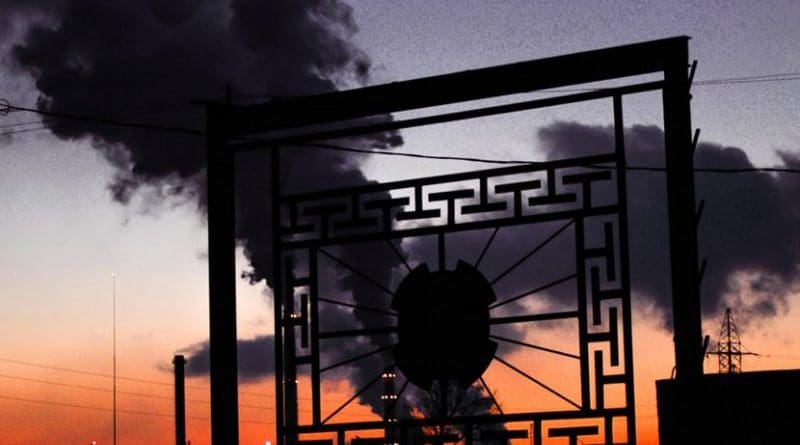Launch Of Climate Action Platform For Delivering Carbon Neutrality In Hard-To-Abate Sectors By Mid-Century
The World Economic Forum and the Energy Transitions Commission have launched the Mission Possible Platform to achieve net-zero carbon emissions by mid-century from a group of traditionally “hard-to-abate” industry sectors.
The platform will host a series of climate initiatives, bringing together business leaders from heavy industry and heavy-duty transport sectors to work on concrete actions to set these carbon-intensive sectors on a path to climate neutrality, in collaboration with a network of experts and policy partners.
Responsible for about a third of global CO2 energy emissions today, heavy industry and heavy-duty transport have a vital role to play in limiting global warming to well below 2 degrees Celsius, and as close to possible to 1.5 degrees Celsius. The Mission Possible Platform focuses on driving down emissions from the following heavy industry sectors: aviation, heavy-duty road transport, shipping, aluminium, cement and concrete, chemicals, and iron and steel.
Globally, CO2 emissions have gone up by 2% since the Paris Agreement. Emissions from the seven sectors covered by the Mission Possible Platform are projected to reach 15.7Gt by 2050, far from the net-zero target that the Intergovernmental Panel on Climate Change (IPCC) recommends.
However, the Mission Possible Report, published by the Energy Transitions Commission in 2018, has raised hope by demonstrating that it is technically and economically possible for hard-to-abate sectors to reach net-zero carbon emissions by mid-century at a cost to the economy of less than 0.5% of global GDP, and with a minor impact on consumer prices.
Building on the conclusions from the Mission Possible Report, the Mission Possible Platform seeks to align the industry and transport sectors’ decarbonization pathways with the Paris Agreement’s goal of limiting global temperature rise to well below 2°C (3.6°F), and as close to possible to 1.5°C (2.7°F). It aims to put the hard-to-abate sectors of the economy on path to net-zero emissions to avoid the dangerous consequences of not doing so outlined by the Intergovernmental Panel on Climate Change’s (IPCC) 2018 Special Report.
The Mission Possible Platform focuses on seven carbon-intensive value chains. Each sectoral initiative seeks to commit companies to ambitious emission reduction targets and to foster collaboration to scale innovative solutions and create a favourable environment for low-carbon investment. The platform brings together a variety of actors from business, finance, civil society and policy who will jointly work on establishing enabling policies, attracting sustainable finance, creating demand signals for low-carbon materials and services, as well accelerating the development of new technologies for the low-carbon transition of heavy industry and heavy-duty transport sectors.
The Mission Possible Platform will also collaborate with the Leadership Group for Industry Transition that Sweden and India, together with several other countries and industry leaders, launched at the UN Secretary General’s Climate Action Summit. The Leadership Group will work to accelerate the transition of the hard-to-abate industry sectors towards low-carbon industrial development while pursuing efforts to reach net zero carbon emissions and is the outcome of the Summit Industry track.


What do we do with countries that have yet to join the industrial revolution? The developed countries have enjoyed the benefits to human activities, lifestyles, and prosperity afforded by fossil fuels for the last couple of centuries, but almost half the world—over three billion people in underdeveloped countries—live on less than $2.50 a day. At least 80% of humanity lives on less than $10 a day, and in those countries income inequality is widening. Poverty Facts and Stats http://www.globalissues.org/article/26/poverty-facts-and-stats China and India with 2.9 billion people have 5,477 of the world’s 9,574 coal power plants and are building more than 634 new ones.